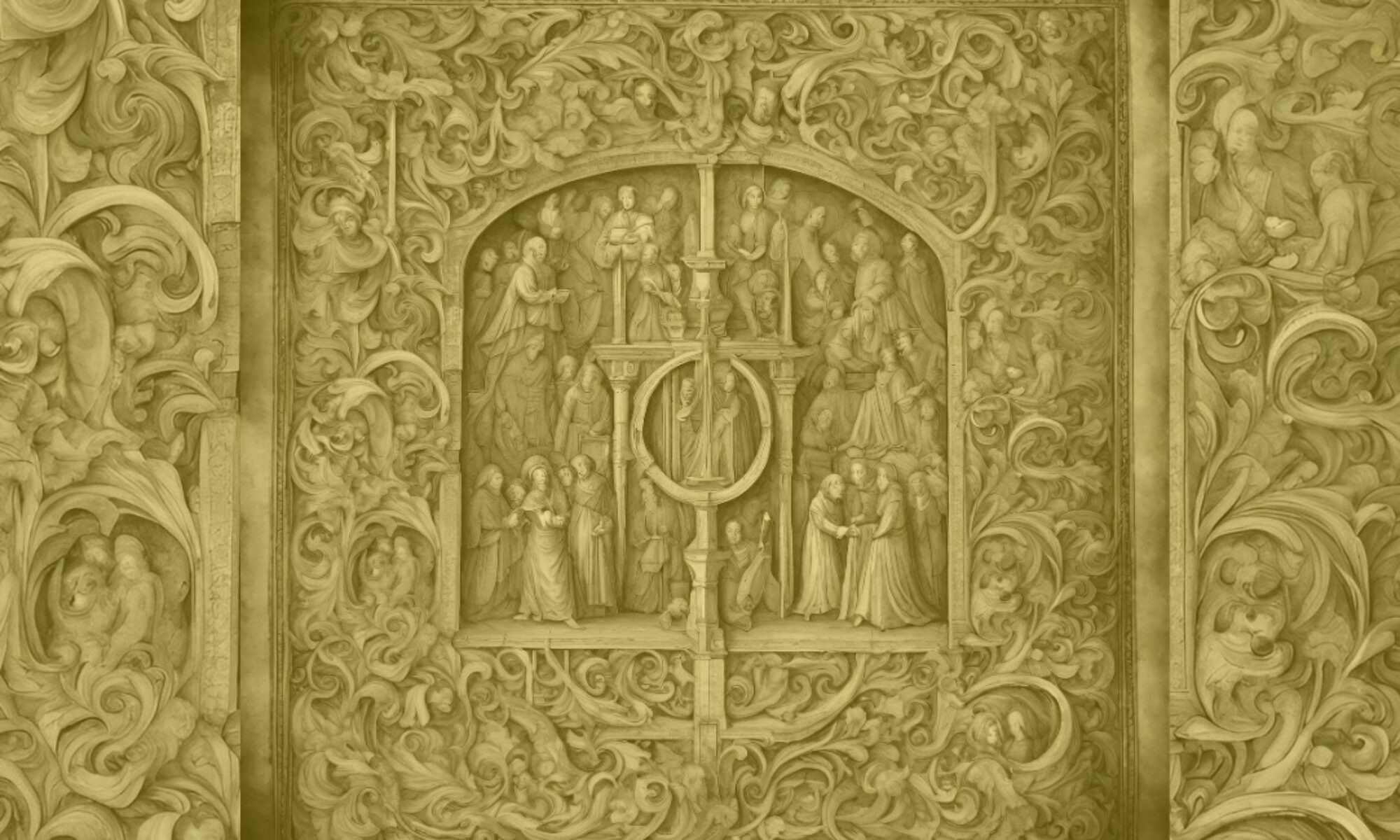Sara’s talk is called, “The Actor at Risk: Personal Myth as Self-Care”

A four-year study conducted by The British Office for National Statistics showed that artists “are up to four times more likely to commit suicide” (Grae-Hauck, 2018). The actor’s central work tool is their psyche and soma, both of which are most certainly at risk. Actors and the role they play are joined by one common thread: they grow inside of the same body. With every character, actors are asked to live out another’s story, embodying each emotion through the vehicle of their own flesh. Neuroscience tells us that we store emotion and memory in the body, unless it is moved onwards, through and out.
Through a somatic, depth psychological lens this presentation considers how the actor might withstand this mind/body onslaught through a process called self-landscaping (a titrated version of body mapping). Using ritual and an open dialogue with the archetypes who have taken up residence in the body, the actor has the option to stand in the doorway of the myth they are living with an open heart of recognition. As the actor tells their own story, it enables them to embrace another’s from a healthier, more embodied place. Holding onto a stronger sense of self-awareness, the actor waits at the gate for Hermes to deliver the invitation, a sacred contract from the ‘other.’ “Your body is my body, walk me through all that I am.” And the actor will not be afraid, because of the unyielding felt sense of their own story.
About Sara
Sara Lovett M.A. is a writer, performer, and dialect coach who works with actors on self-care and embodied performing. She has a BFA in acting from The University of Texas at Austin, and an M.A in Somatic Depth Psychology from Pacifica Graduate Institute. She is currently pursuing her doctorate in Somatic Studies in the Depth Psychology program at Pacifica as well. Her research centers on the effects that embodiment practices have on self-care for the actor. She is the author of the memoir, The Invisible Bones, and speaks publicly on abortion healing, releasing shame, and recovering voice.









